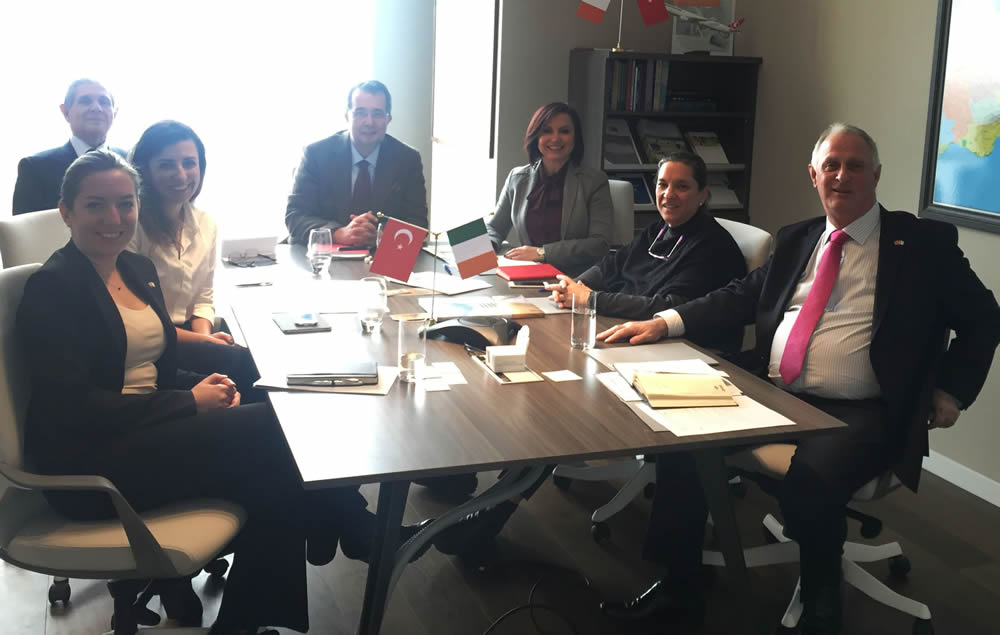How global are Turkish companies?
As of 2000s Turkish companies started to become aware of a concept called globalization and how essential it was to survive in the business arena in the long run.
Talking about giant companies in Turkey at the time KOÇ and SABANCI were the main groups that could be referred to as “BIG”…
In fact, it has always been mentioned that KOÇ group was the first to take big steps towards shifting to a corporate culture and administration system from a family owned business.Today Turkey has giant holdings such as Koç, Sabancı, Zorlu, Anadolu, Doğuş and Çukurova which own hundreds of companies operating in diversified business sectors ranging from production, services to trade, finance and more.
These establishments on top of others operate 300 companies, 64 production facilities and employ about 70,000 employees, abroad.
So when we compare those figures to the picture in 2000s it would be unfair to say Turkey has not managed to take considerably big steps towards becoming global.
When we look at important points to determine if a business group should be called global we need to check if said groups
- operate with foreign partners,
- have production facilities and brands globally
- have a considerable number of employees abroad,
- are able to sell products across a wide geographical area
Other criteria to attribute the name global would be foreign trade volume of the group.
Judging on above criteria we can easily see KOÇ, SABANCI and ZORLU groups would deserve to be referred to as GLOBAL.
Market intelligence shows that ZORLU Holding earns approximately 75 percent of its income from operations abroad. Vestel is the flagship of the group which realizes about US$ 3 billion worth of exports, annually (2011).
Koç Holding is also known to have strong brands such as BEKO (white goods) which brings a huge amount of revenue into the country. On the other hand, other groups running successful operations abroad such as Tekfen – which is reported to have earned 45 percent of its total turnover of TL2.2 6 billion from sales of goods and services abroad – are becoming more and more in number.
For instance, ÇELEBİ Group which runs airports and provides ground handling services has been expanding its airport operations abroad immensely.
Talking about aviation industry TAV Airports Management Co. a joint venture is another establishment with big amounts of foreign revenues.
Turkish companies prefer to establish operations in Turcic countries (former Soviet Russia), Ukrain, Russia and Middle East and South Africa mainly. China has started to become a destination of attraction recently, as well.
A most important criteria to be named global would be partnerships with foreign companies. When we look at the Turkish companies running common operations with foreign investors and groups we can see that the Anadolu Group has partnerships with 13 foreign brands, including Coca-Cola, Miller, Isuzu, Faber-Castell, Hisense, and McDonald’s which makes it the pioneering establishment in this regard. Sabancı is another group which has many partnerships with foreign giants such as Aviva, Bridgestone, Carrefour, Heidelberg Cement, Hilton International, International Paper and Philip Morris.
Judging on the latest developments during the last two decades it can easily be said that Turkish business groups are very much aware of the global markets and they do not fail to spend every effort to secure their presence in the world markets.
24.08.2012
Semiha ÜNAL
Business Consultant, S4U





